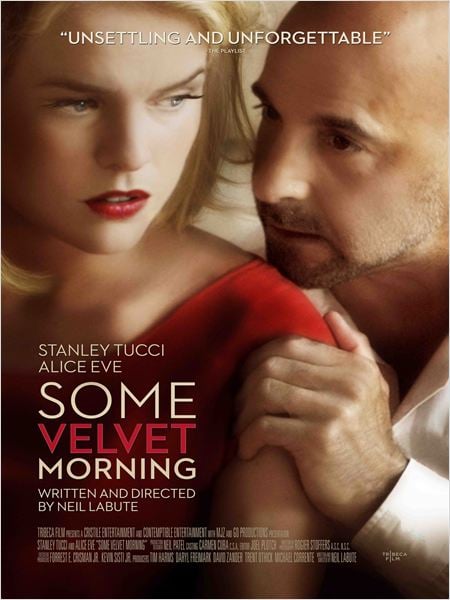
Write something about yourself. No need to be fancy, just an overview. No Archives Categories. Aug 28, 2013 Category Entertainment; Song Kalimba; Artist Mr. Scruff; Album Ninja Tuna with Bonus Bait; Licensed to YouTube by [Merlin] Ninja Tune Ltd (on behalf of Ninja Tune); LatinAutor.
Google gujarati font download. Contents • • • • • Biography [ ] Boris Petrovitch Uvarov was born in Ural'sk, in the (now ), the son of Pyotr P. Uvarov, a state bank employee, and his wife, Aleksandra.
He studied biology in the, graduating in 1910. He worked as entomologist in and put locust control on a sound scientific basis. From 1915 he worked in, which after the Russian revolution of 1917 had become the capital of the short-lived. He moved to London in 1920 and became a naturalized British citizen in 1943.
Starting in 1945, Dr. Uvarov and his small team received official designation as the, London. During the next fourteen years, the Centre developed into the foremost laboratory in the world for research on. He made important contributions in the areas of taxonomy, population biology and locust control. Honours [ ] • Commander of the (1943) • Knight Commander of the Most Distinguished (10 June 1961) for contributions to science, particularly as Director of the Anti-Locust Research Centre • Fellow of the (1950) • Commander of the (Belgium, 1948) • Honorary from the (1935) • President of the of London (1959–61) Uvarov was elected a Fellow of the in 1950, his nomination reads: “ His researches on taxonomy, morphology, biometrics and behaviour of locusts led him to formulate the phase theory respecting those insects, greatly influencing locus research throughout the world. It has also provided a basis for international policy of prevention of locust outbreaks. His studies of outbreaks in Africa contributed much towards establishing correlation between seasonal weather conditions and locus migrations thus providing a basis for forecasting.
Other work includes over 150 papers on taxonomy of Orthoptera and many on Orthopterous faunas. Has also done much to encourage locust research and played a leading part in planning international anti-locus measures. ” Personal life [ ] His niece was Dame. Works [ ] • Locusts and Grasshoppers (1928) • Insect Nutrition and Metabolism (1928) • Insects and Climate (1931) • Grasshoppers and Locusts (V.
II, 1977 ) References [ ].
Mussorgsky in 1870 Original Version When, the sister of, learned of Mussorgsky's plans, she presented him with a volume of Pushkin's dramatic works, interleaved with blank pages and bound, and using this, Mussorgsky began work in October 1868 preparing his own libretto. Consists of 25 scenes, written predominantly in. Mussorgsky adapted the most theatrically effective scenes, mainly those featuring the title character, along with a few other key scenes (Novodevichy, Cell, Inn), often preserving Pushkin's verses.
Mussorgsky worked rapidly, composing first the in about nine months (finished 18 July 1869), and completed the full score five months later (15 December 1869), at the same time working as a civil servant. In 1870, he submitted the libretto to the state censor for examination, and the score to the literary and music committees of the Imperial Theatres. However, the opera was rejected (10 February 1871) by a vote of 6 to 1, ostensibly for its lack of an important female role. Lyudmila Shestakova recalled the reply made by conductor and stage manager of the in response to her question of whether Boris had been accepted for production: 'No,' they answered me, 'it's impossible.
How can there be an opera without the feminine element?! Mussorgsky has great talent beyond doubt.
Let him add one more scene. Then Boris will be produced!' — Lyudmila Shestakova, in My Evenings, her recollections of Mussorgsky and, 1889 Other questionable accounts, such as Rimsky-Korsakov's, allege that there were additional reasons for rejection, such as the work's novelty: '.Mussorgsky submitted his completed Boris Godunov to the Board of Directors of the Imperial Theatres. The freshness and originality of the music nonplussed the honorable members of the committee, who reproved the composer, among other things, for the absence of a reasonably important female role.'
— Nikolay Rimsky-Korsakov, Chronicle of My Musical Life, 1909 'All his closest friends, including myself, although moved to enthusiasm by the superb dramatic power and genuinely national character of the work, had constantly been pointing out to him that it lacked many essentials; and that despite the beauties with which it teemed, it might be found unsatisfactory in certain respects. For a long time he stood up (as every genuine artist is wont to do) for his creation, the fruit of his inspiration and meditations. He yielded only after Boris had been rejected, the management finding that it contained too many choruses and ensembles, whereas individual characters had too little to do. This rejection proved very beneficial to Boris.' — Nikolay Rimsky-Korsakov, Chronicle of My Musical Life Boris Godunov was performed 21 times during the composer's lifetime, and 5 times after his death (in 1881) before being withdrawn from the repertory on 8 November 1882. Software pembayaran pdam cirebon.